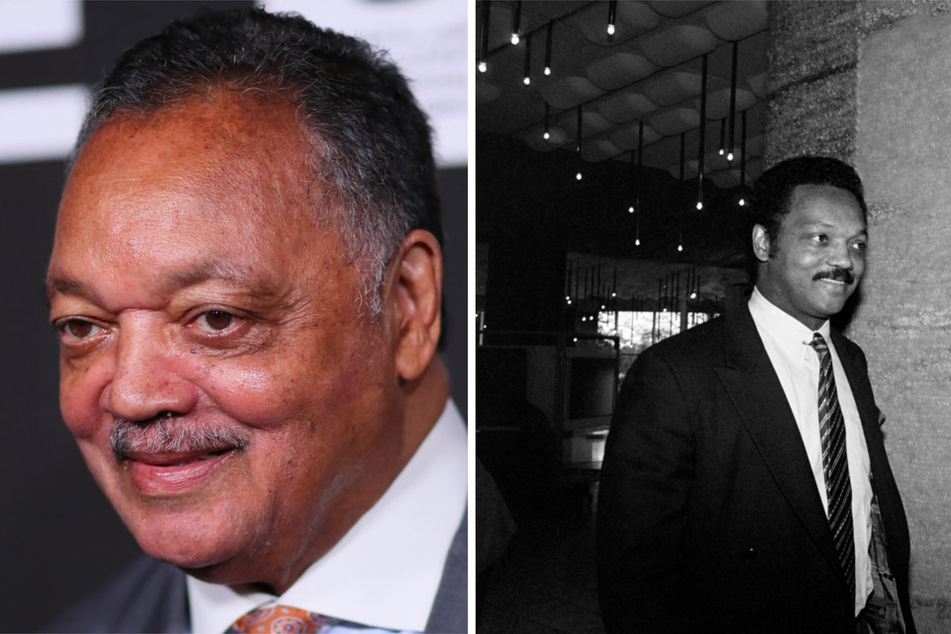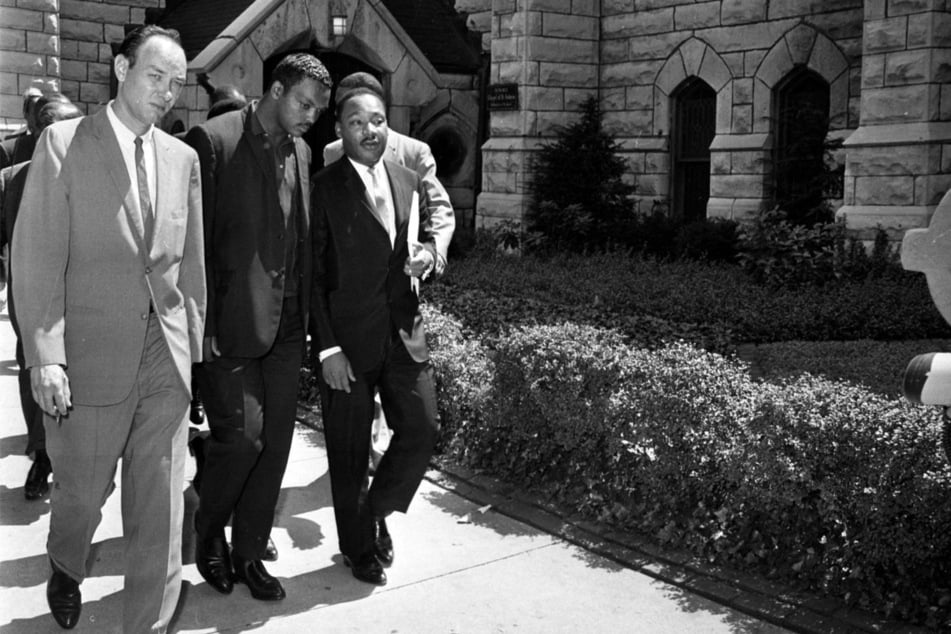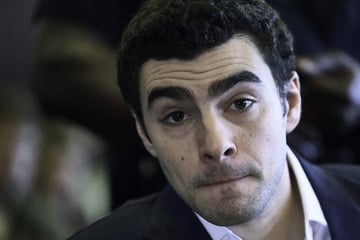Civil rights leader Jesse Jackson steps down after half century of political action
Chicago, Illinois - US civil rights icon Reverend Jesse Jackson said on Friday he is stepping down from the Rainbow/PUSH Coalition after a half century at the helm of the influential Chicago-based civil rights organization.

The 81-year-old iconic activist and trailblazing presidential candidate will hand over the reins to an undisclosed successor who will be introduced this weekend at the group’s annual convention, the Chicago Tribune reported.
Jackson’s departure from the political scene leaves Reverend Al Sharpton as perhaps the nation’s preeminent civil rights leader.
"The resignation of Rev. Jesse Jackson is the pivoting of one of the most productive, prophetic, and dominant figures in the struggle for social justice in American history," Sharpton said in a statement Friday.
Jackson was diagnosed with Parkinson’s disease in 2015 and stepped down from day-to-day leadership of the group last year.
Vice President Kamala Harris, the first Black vice president in American history, will speak Sunday at the group’s convention, which appears likely to amount to an extended emotional send-off to Jackson.
Who is Reverend Jesse Jackson?

Headquartered on Chicago’s predominantly Black South Side, Rainbow/PUSH has long been Jackson’s national platform to promote economic, educational, and political change as well as his own political ambitions.
Born in small town South Carolina, Jackson vaulted to national prominence in the civil rights movement after meeting Reverend Martin Luther King Jr in 1965.
He soon became the head of the Chicago chapter of Operation Breadbasket, the economic arm of the Southern Christian Leadership Conference aimed at promoting employment for the Black community.
After King’s assassination in 1968, Jackson’s profile as a key African-American leader only grew as he filled a leadership void in the movement.
Jackson burst onto the national political scene in 1984 when he became the first Black candidate to mount a serious presidential campaign.
He finished an impressive third in the Democratic primary race behind Walter Mondale and Gary Hart, garnering more than 3 million votes, and delivered a stirring speech that cemented his place as the nation’s top Black political leader.
He ran again in 1988, losing to Michael Dukakis.
Cover photo: Collage: IMAGO / ZUMA Wire & JEAN-BAPTISTE LACROIX / AFP

